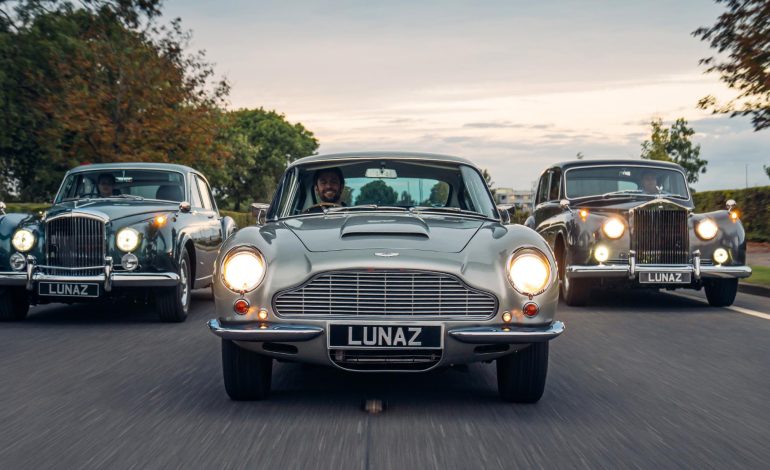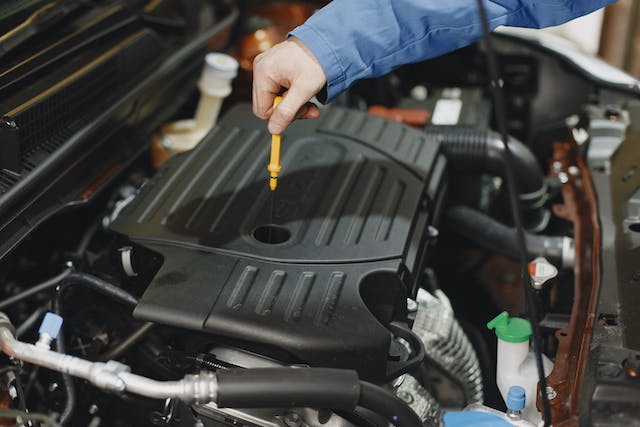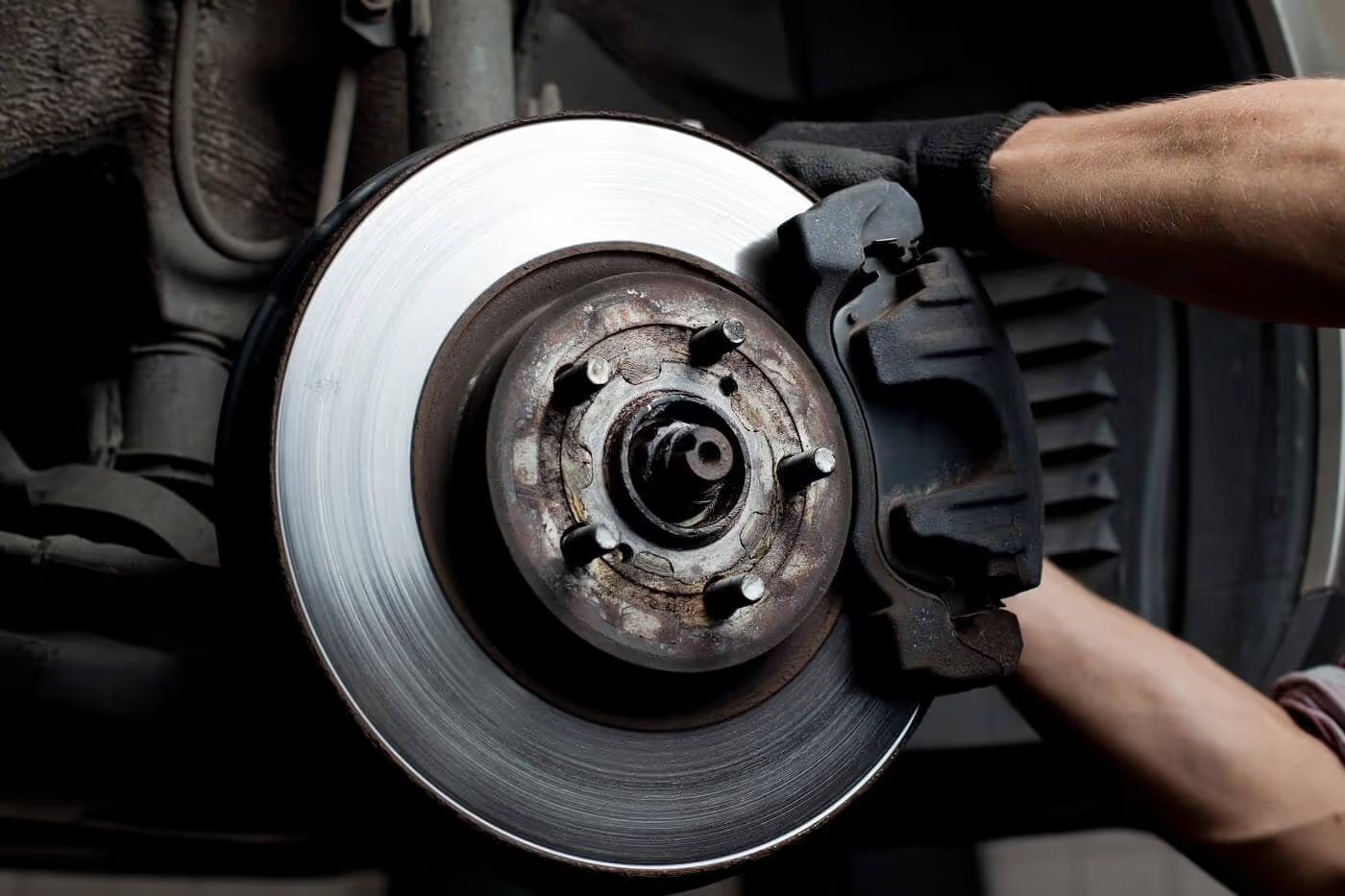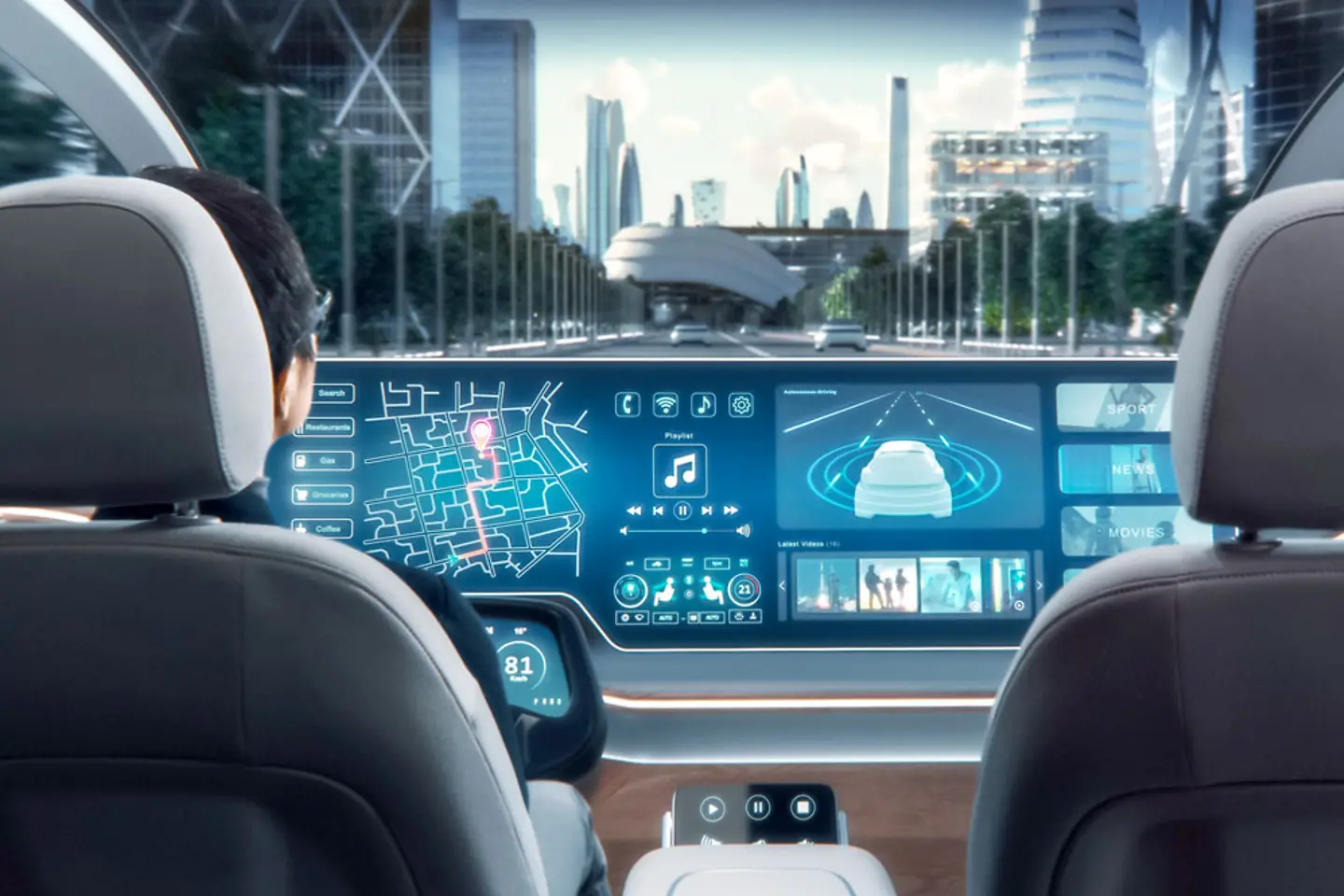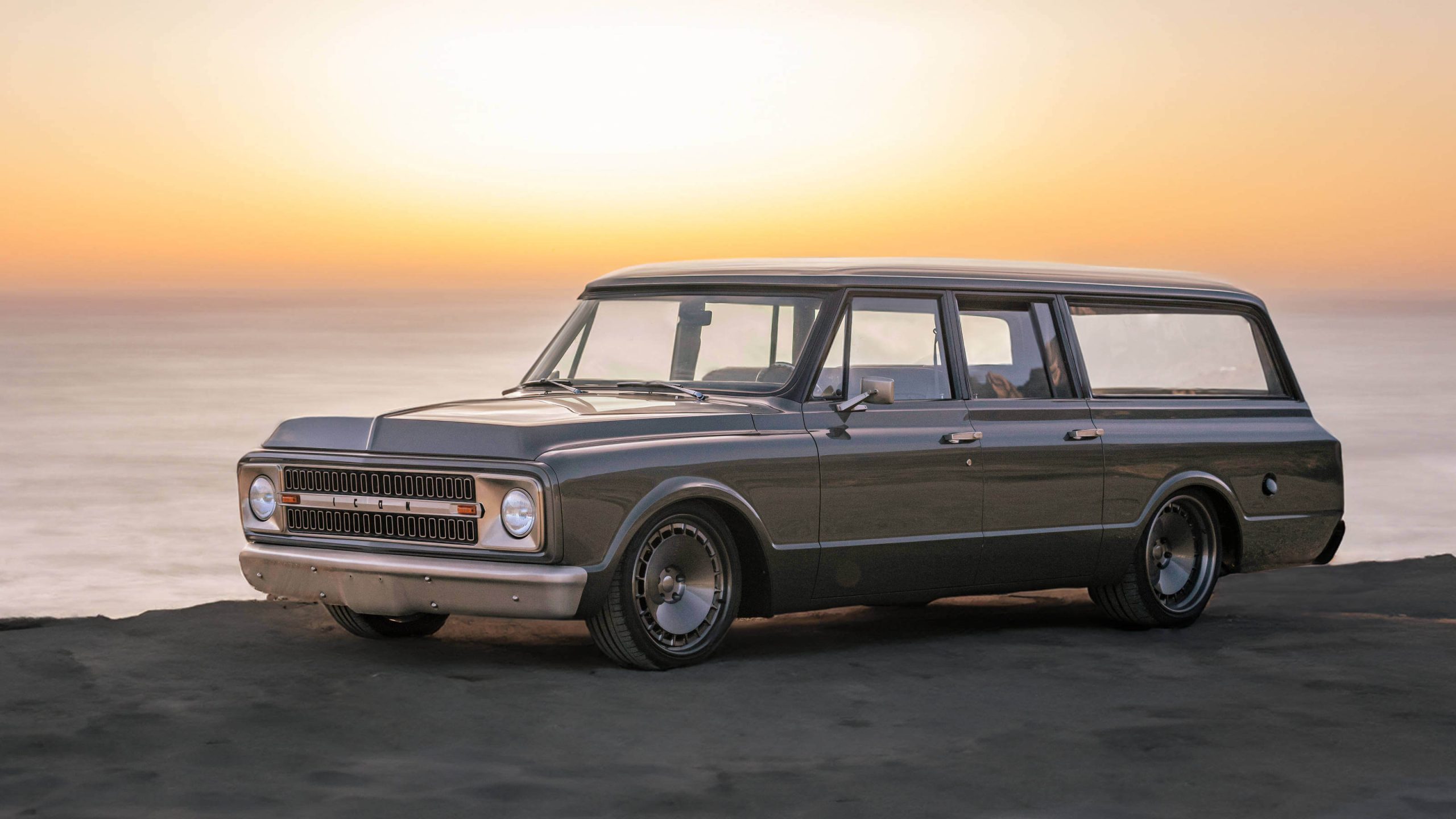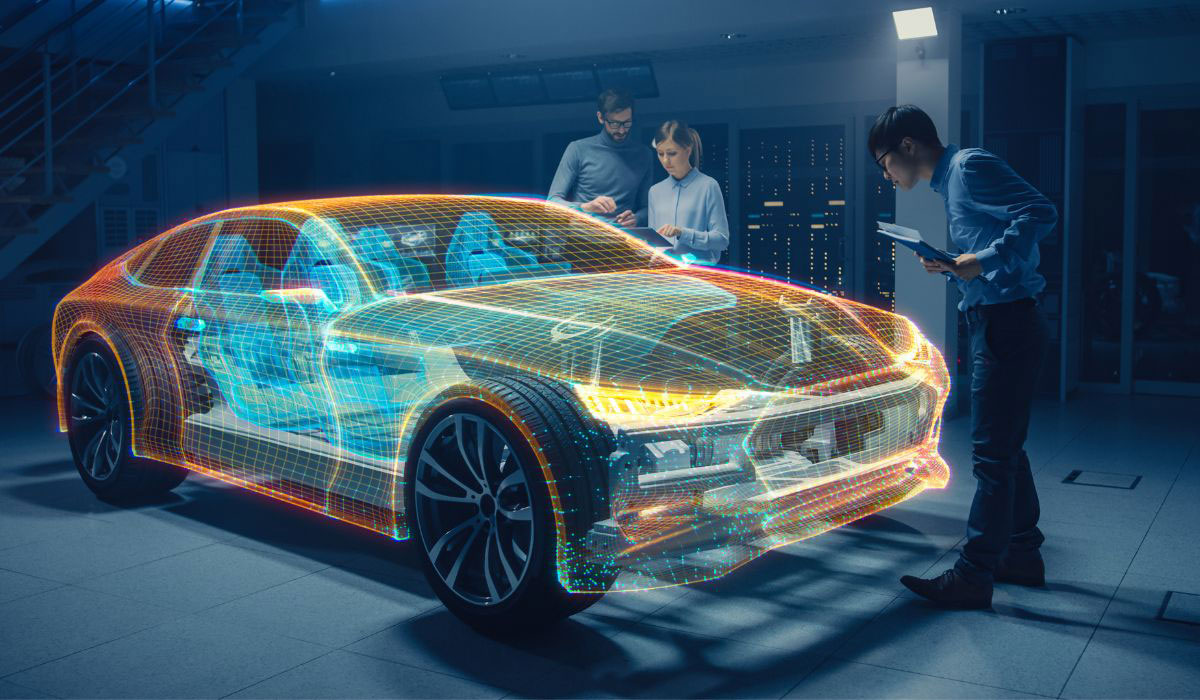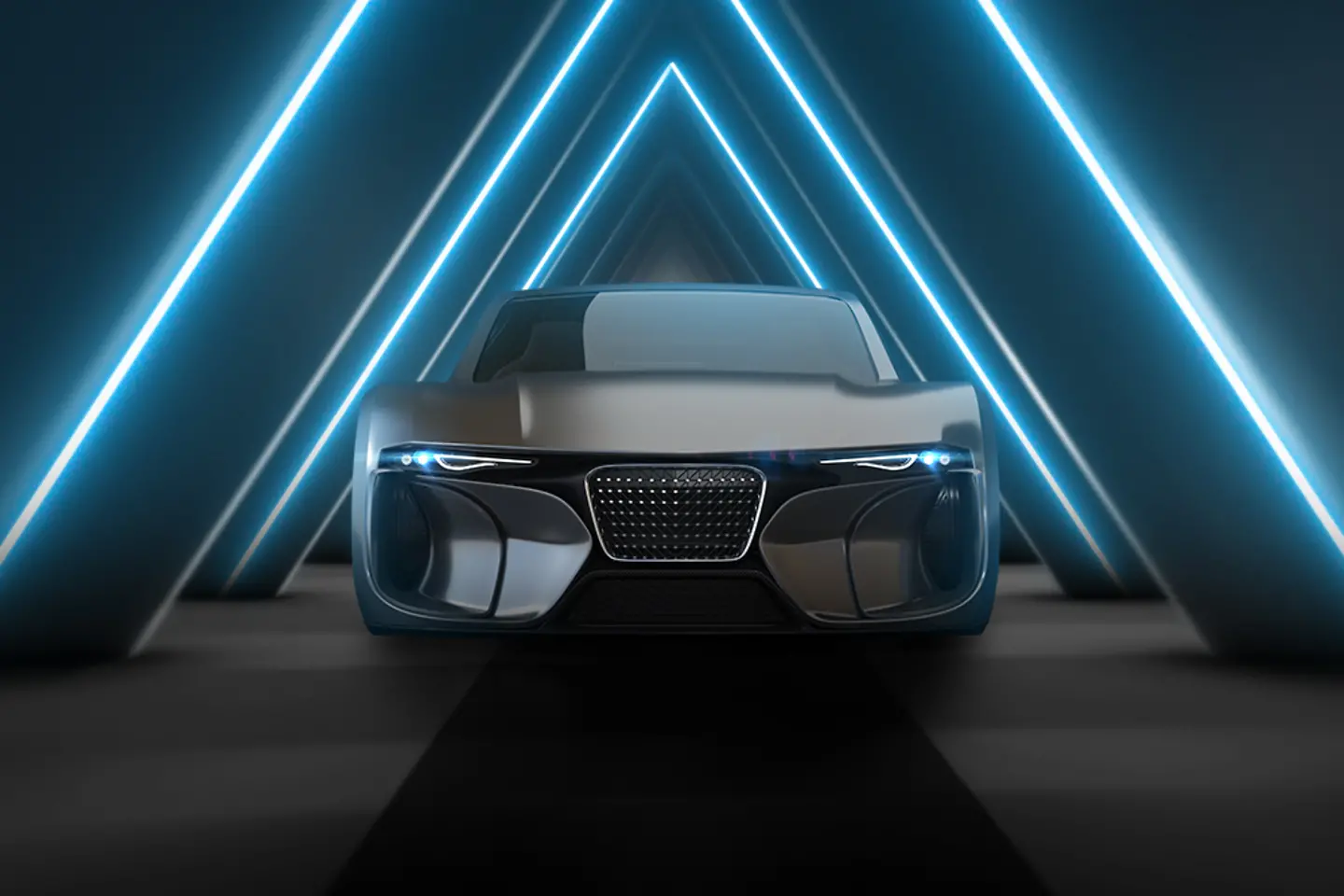Driving Into the Future: How Cars Are Transforming Modern Mobility
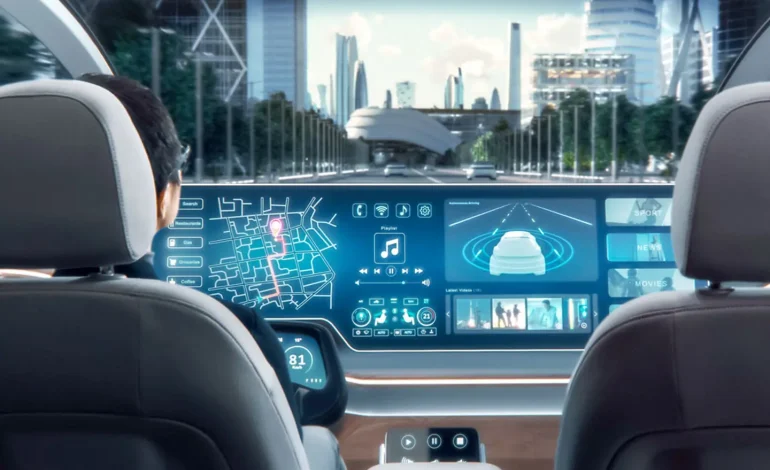
Cars have long been more than just machines for transportation—they reflect culture, innovation, freedom, and personal identity. From the rumble of early engines to today’s sleek electric models, the evolution of automobiles continues to reshape how we live and move. As technology advances and environmental priorities grow stronger, the automotive industry is undergoing one of the biggest transformations in its history. Modern cars are becoming smarter, safer, cleaner, and more connected than ever before.
This shift is not just about what we drive—it’s about how mobility fits into the future of society.
The Evolution of the Automobile
The history of cars has always been driven by innovation. Early 20th-century automobiles revolutionized daily life by replacing horses and bicycles as practical transportation. Over the decades, design and engineering advanced rapidly:
-
The development of assembly-line manufacturing
-
The rise of family cars in the mid-1900s
-
The introduction of electronic fuel injection and safety standards
-
The growth of luxury and performance industries
By the 21st century, automotive technology had dramatically changed. Sensors, computers, and digital interfaces became standard, turning vehicles into sophisticated machines with endless possibilities.
Today’s cars represent the perfect blend of convenience, efficiency, and performance.
Electric Vehicles: The Charge Toward Sustainability
Environmental concerns have pushed the industry to rethink the traditional gasoline engine. Electric vehicles (EVs) are leading the revolution, offering lower emissions, quieter operation, and reduced maintenance.
Key advantages of EVs include:
-
Zero exhaust emissions improving air quality
-
Lower fuel costs compared to gasoline or diesel
-
High torque performance for immediate acceleration
-
Advanced battery technology offering longer driving ranges
Governments around the world are investing in charging infrastructure and adopting incentives to encourage EV ownership. As battery production becomes more efficient and affordable, electric driving is transitioning from a niche choice to the new normal.
Hybrid vehicles also play a transitional role, offering a balance between electric efficiency and fuel convenience for long-distance travel.
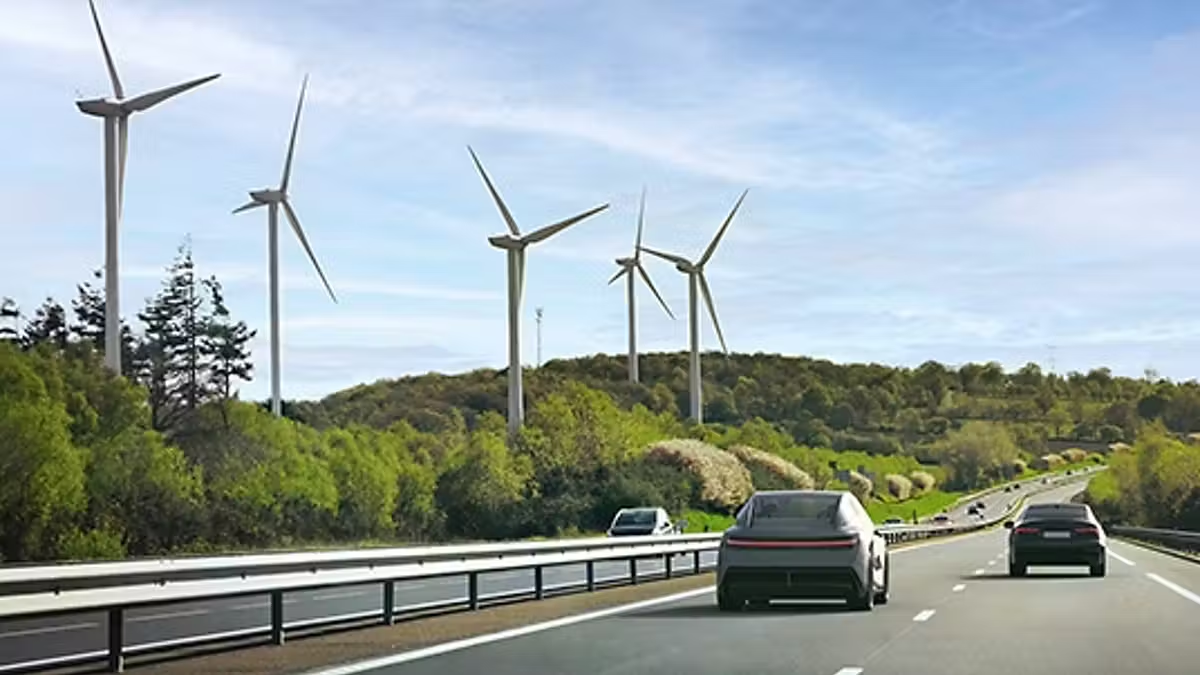
Smarter Cars: The Rise of Automotive Technology
Modern cars are not just machines—they are computers on wheels. Connectivity and automation have unlocked advanced features that make driving safer and more enjoyable. Some key innovations include:
-
Driver-assistance systems such as lane-keeping and adaptive cruise control
-
360-degree cameras and sensors for easier parking and maneuvering
-
Infotainment platforms synced with smartphones for navigation and entertainment
-
Over-the-air software updates that improve features without visiting a dealership
Artificial intelligence plays a growing role in recognizing road hazards, optimizing energy usage, and improving navigation. In the near future, cars may be able to predict mechanical issues before they occur, reducing breakdowns and saving money on repairs.
The Road to Autonomous Driving
Self-driving technology is one of the most ambitious goals in modern mobility. While fully autonomous vehicles are still under development, partial autonomy is already common in premium models. These cars can assist with steering, braking, and traffic congestion.
Benefits of autonomous driving include:
-
Fewer accidents caused by human error
-
Increased mobility for people unable to drive
-
More efficient traffic flow
-
Reduced stress during commuting
As infrastructure adapts and safety standards evolve, autonomous vehicles could eventually redefine transportation, turning road travel into a relaxing and productive experience.
Performance and Passion: Sports Cars Still Thrive
Despite the push for environmental efficiency, the love for performance remains strong. Sports cars represent the emotional side of driving—the thrill of speed, the sound of a powerful engine, and the joy of precise handling.
Manufacturers are blending passion with innovation:
-
Lightweight materials improve agility
-
Turbocharging and hybrid tech boost power
-
Sleek aerodynamics increase efficiency and speed
Electric performance cars are also emerging, proving that sustainability can be thrilling. Instant torque and cutting-edge design ensure sports cars remain icons of automotive excitement.
SUVs and Lifestyle Vehicles Dominate the Market
The global demand for more versatile vehicles has made SUVs and crossovers the most popular segment in recent years. Drivers appreciate:
-
Higher seating positions and visibility
-
Spacious interiors for families and travel
-
Off-road capabilities for adventure
-
Flexibility for both city and rural environments
Manufacturers now offer SUVs in all sizes—from compact urban models to rugged full-size explorers—ensuring there is a perfect fit for every lifestyle.
Car Customization: Personal Expression on Wheels
The personalization movement has expanded beyond performance modifications. Many drivers enjoy customizing:
-
Wheels, tires, and body kits for unique aesthetics
-
Interior upgrades like digital dashboards and premium sound systems
-
Accessories ranging from roof racks to custom lighting
Car culture embraces creativity and individuality. Social media has further fueled this trend, allowing enthusiasts to share builds, tips, and automotive inspiration globally.
Safety Innovations: Protecting Drivers and Passengers
Safety is at the heart of modern automotive engineering. Through crash testing, structural reinforcement, and advanced technology, today’s cars dramatically reduce the risk of injury.
Key safety features include:
-
Airbag systems that respond intelligently to impact
-
Automatic emergency braking to prevent collisions
-
Traction control and stability systems for slippery roads
-
Driver alert systems detecting fatigue or distraction
Future cars may include full vehicle-to-vehicle communication to anticipate hazards before they appear.
The Future of Car Ownership
As cities grow and sustainability concerns rise, the meaning of car ownership is evolving. Many people are shifting their priorities:
-
Car sharing and ride-hailing services reduce the need for private vehicles
-
Subscription-based models allow drivers to switch cars as needed
-
Micro-mobility solutions like e-scooters handle short-distance travel
In dense urban areas, owning a car is becoming a lifestyle choice rather than a necessity. Automakers are responding by offering flexible mobility services in addition to traditional sales.
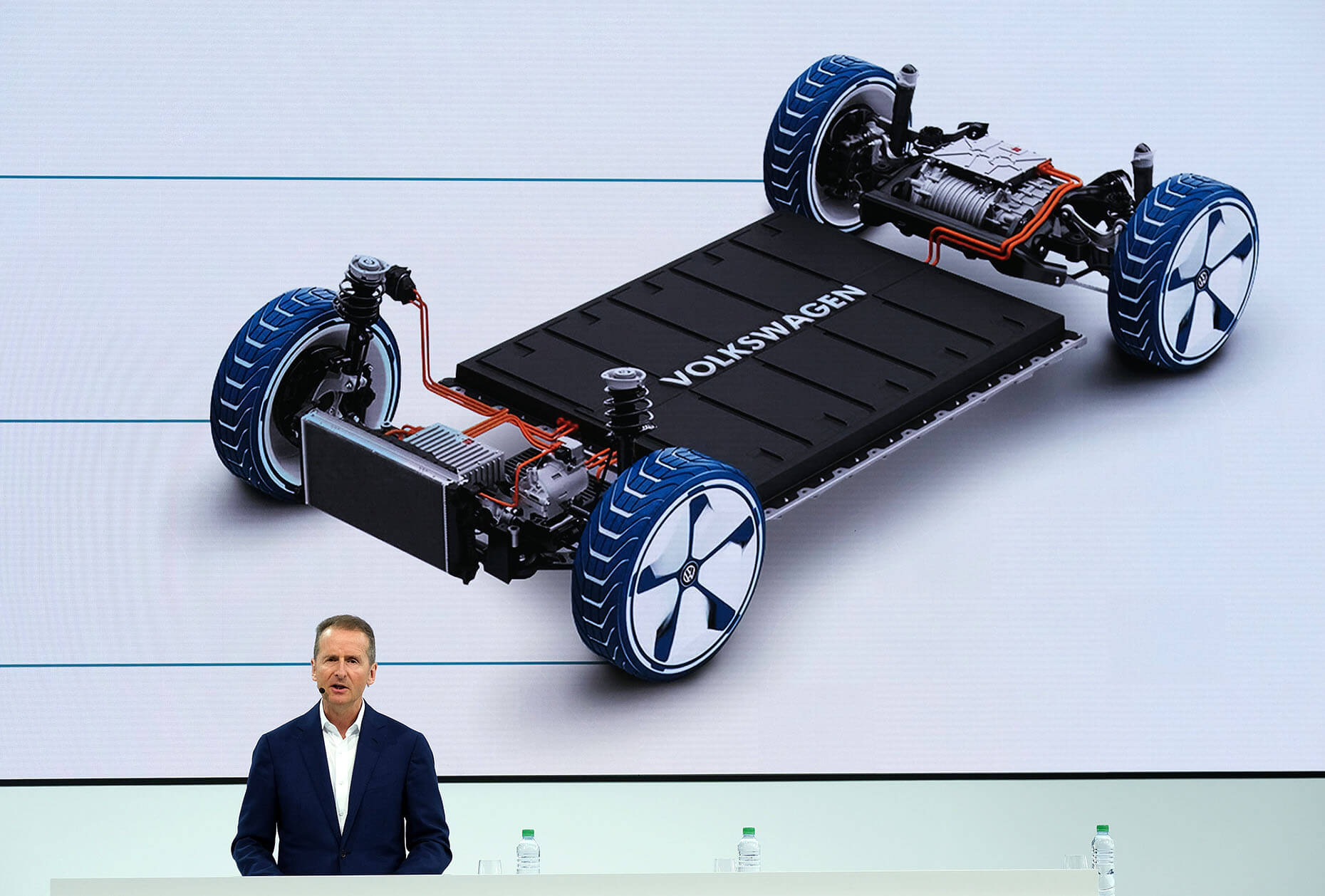
Conclusion: A New Era of Driving
Cars continue to play a vital role in the lives of people worldwide. From functional transportation to a symbol of freedom and innovation, the automobile industry shapes modern mobility. The transition toward electric power, smart technology, and new ownership models shows how the future of driving is both dynamic and exciting.
What remains unchanged is the personal connection people have with their vehicles—they are companions on journeys, tools for independence, and expressions of who we are. As the automotive world embraces a cleaner and more intelligent future, one thing is certain: cars will continue to drive progress and possibility for generations to come.

